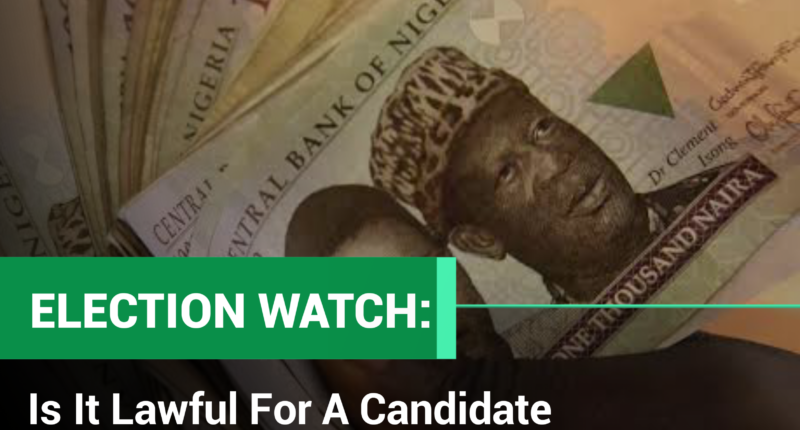Reports have hinted that the former Vice President of Nigeria and presidential candidate of the People’s Democratic Party (PDP), Alhaji Atiku Abubakar, and the presidential candidate of the Labour Party (LP), Mr Peter Obi are to receive funds from the diaspora as campaign support for the presidential campaigns scheduled to begin this month. In fact, Pat Utomi, a Labour Party chieftain, disclosed that the party is setting up portals for the donation.
But let’s take a critical look at what Nigeria’s constitution says about receiving cash support from the diaspora.
State of play
Section 225 (3) of Nigeria’s Constitution holds that (3); no political party shall:
(a) hold or possess any funds or other assets outside Nigeria.
(b) be entitled to retain any funds or assets remitted or sent to it from outside Nigeria.
Furthermore, subsection (4) of the section 225 provides that “any funds or other assets remitted or sent to a political party from outside Nigeria shall be paid over or transferred to the Commission (Independent National Electoral Commission) within 21 days of its receipt with such information as the Commission may require.”
On the other hand, the Section 85 of the Electoral Act states that “any political party that holds or possesses any fund outside Nigeria in contravention of S.225 (3) (a) of the Constitution, commits an offence and shall on conviction forfeit the funds or assets purchased with such funds to the Commission and in addition, may be liable to a fine of at least N5 Million.”
Again, “a political party that retains any fund or other assets remitted to it from outside Nigeria in contravention of S.225 (3) (a) of the Constitution commits an offence and shall on conviction forfeit the funds or assets to the Commission and in addition, may be liable to a fine of at least N5 million.”
Grey Areas
A literal interpretation of the highlighted sections from the Nigerian Constitution and the Electoral Act places a limitation on the ability of political parties to retain or possess donations and remittances from outside Nigeria. Confusion arises from these rules whether the rule also applies to candidates. This raises the question of if candidates are allowed to receive and retain donations seeing that Section 225 (3) of the Constitution and Section (85) Election Act named only political parties?
Another unclear angle of an inference from Section 225 (3) of the Constitution and Section (85) Election Act is that do Nigerians living in America, UK, Germany, etc. qualify as foreigners and are withheld from sending funds to political parties or candidates? Is it legal for Nigerians who live outside Nigeria and have a bank account in Lagos, Enugu, Kaduna, etc to send campaign donations to political parties or candidates?
What you should know
The intention of Section 225 (3) of the Constitution and Section (85) Election Act is to limit the influence of money in Nigerian elections. So that the country’s elections are not reduced to the will of the highest bidder or the richest political parties.
S.88 (8) of the Electoral Act pegs the amount permissible in Nigeria and per individual to a candidate at N50 million. This means any amount higher than this is an obvious violation of Nigerian laws.
The Independent National Electoral Commission (INEC) has the authority to address these grey areas to ensure certainty of campaign financial rules and regulations in the forthcoming campaigns for the 2023 elections.

